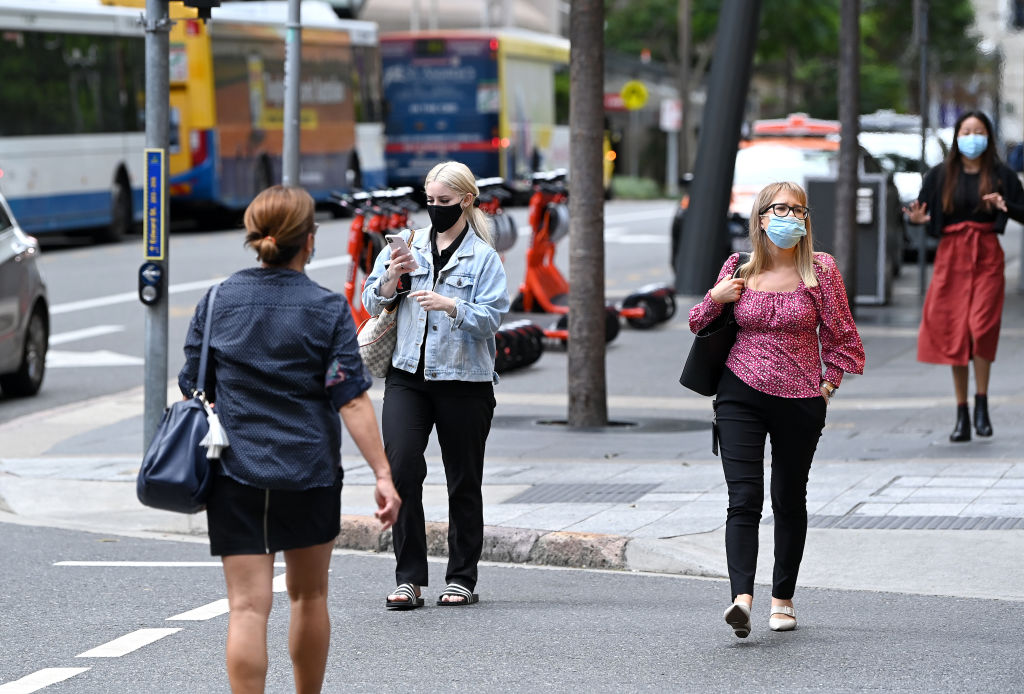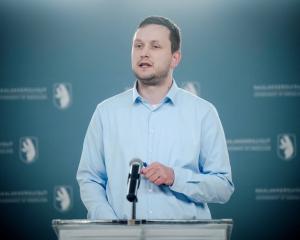
Queensland Premier Annastacia Palaszczuk said the three-day lockdown in Brisbane would end at noon (local time), but residents would still be required to wear masks in public and some social distancing restrictions would remain in place.
"The lockdown has been lifted ... but we're not out of the woods yet so I'm asking Queenslanders for the next two weeks if we all do the right thing, we can get through this together," Palaszczuk said at a televised briefing.
Officials had imposed the snap lockdown, covering more than 2 million people, on the eve of the Easter long weekend as they grappled to contain two fresh COVID-19 clusters that now comprise 18 cases.
Queensland is usually a popular destination for domestic travellers over the Easter break and subsequent school term holidays across the country.
"We are expecting a very good Easter," Palaszczuk said, crediting high testing rates over the past 24 hours with enabling the easing of restrictions.
In broader measures, gatherings at homes across the state will remain capped at 30, dancing in public venues is banned and businesses must maintain distancing of one person per two square metres.
The Queensland outbreak has jumped the border, with a case in neighbouring New South Wales state prompting the cancellation of the popular Bluesfest music festival in the coastal tourist town of Byron Bay and the reintroduction of mobility restrictions in the north of the state.
NSW Premier Gladys Berejiklian is due to provide an update on conditions in her state at 0030 GMT. State officials reported no new cases on Thursday.
Australia has largely curtailed the spread of the coronavirus via border closures, a series of snap lockdowns and speedy tracking systems. It has reported about 22,000 cases, including 909 deaths, since the start of the pandemic, far fewer than most other developed nations.
However, some health experts have warned a slower-than-expected national vaccine rollout is increasing the risk of fresh outbreaks. Around 670,000 vaccine doses had been administered by the end of March, well below the government's initial target of 4 million.













